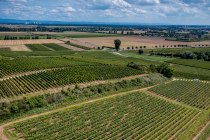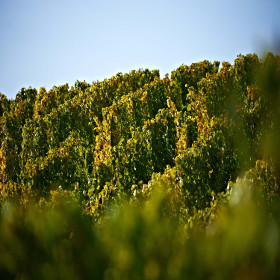Winery Schoeneck-Schnell
In the beginning there was a common passion and an extraordinary idea! "Why not combine the best of Bechtheim and Biebelsheim and make something completely new?"
Two people - two wineries - a common goal that we pursue. This is how the winery Schoeneck-Schnell started. We connect.
English speaking visitors are welcome.





















